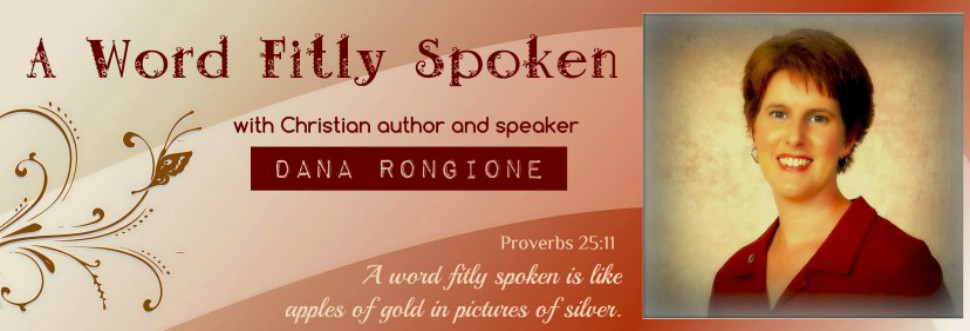I have set the Lord always before me: because he is at my right hand, I shall not be moved. Therefore my heart is glad, and my glory rejoiceth: my flesh also shall rest in hope. - Psalm 16:8-9
A few days ago, I came across a quotation that read, "Where there is hope, there can never be despair." I want you to think about that for just a minute. Where hope is present, despair cannot be. The two cannot coexist. We either have one or the other, and sadly, it seems too many of us hold tight to despair rather than hope. After all, despair seems safe. Hope is risky. What if we hope for something that doesn't happen? Won't that just lead to disappointment? So why bother hoping in the first place, right?
To be honest, I've struggled with this train of thought. The Bible instructs us to hope for things, but I'm so afraid of being disappointed that I fear to even hope for it. I don't want to end up mad at God because He didn't do what I expected. I don't want to find myself mired in a pit of disappointment and discouragement. I don't want to feel as if God has let me down. So, instead of taking the risk, I find myself refusing to hope. And in the process, I miss out on so much. I miss out on joy and peace. I miss out on blessings that I could have had if I had only dared to hope and believe. And according to the passage in Psalm 16, I miss out on blissful rest.
David, the human author of this particular psalm, was certainly acquainted with disappointment. He knew what it was like to hope for something with all his heart only to see his expectations crumble like stale crackers. As is evidenced by some of his other writings, he even knew what it was like to feel forsaken and "let down" by God. Yet, the verses above tell us that he uncovered the secret to living a life of hope, and it all begins with that very first phrase: "I have set the Lord always before me."
Do you realize what that means? It goes beyond a simple implication that David was following the Lord. That singular statement tells us that David put the Lord's will and desires above His own. "Whatever you want, Lord, that 's what I want too." David could hope in the Lord once his interests were aligned with the Lord's. It's really quite simple. If I want the same things that God wants, where's the harm in hoping for them? God's will will be done, so there's no chance of disappointment or despair. There's no risk in hoping as long as I'm hoping for the things that God wants me to have. And when I do, I can say the same as David. My heart is glad. My glory rejoices. My flesh can rest in hope.
So, now the question is, how do I know what God wants? Well, often I don't, but that's when I present the situation to God and, instead of asking for the results that I want, I ask that He have His perfect will in the situation, whatever that may be. I also ask that He will give me the grace and strength to accept His will without complaint or bitterness. Then I can rest in the knowledge that whatever happens will be according to God's perfect will. No risk. No fear. No panic. Only peace.
"Where there is hope, there can never be despair." Which one are you harboring today?


No comments:
Post a Comment